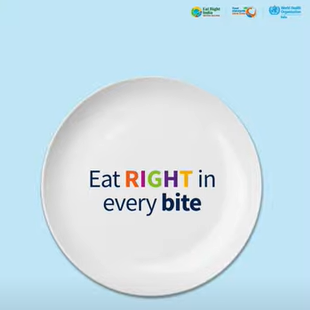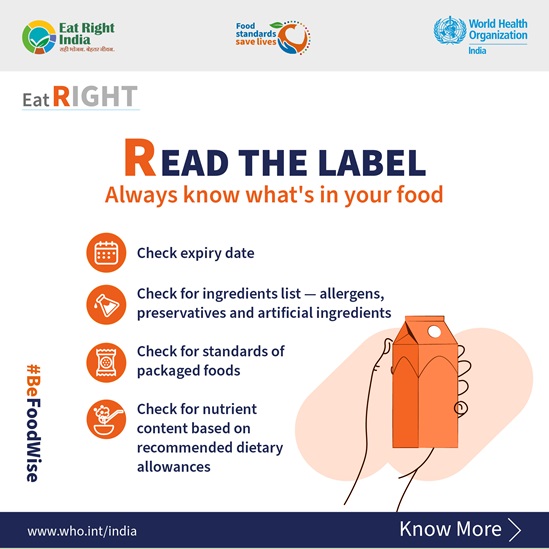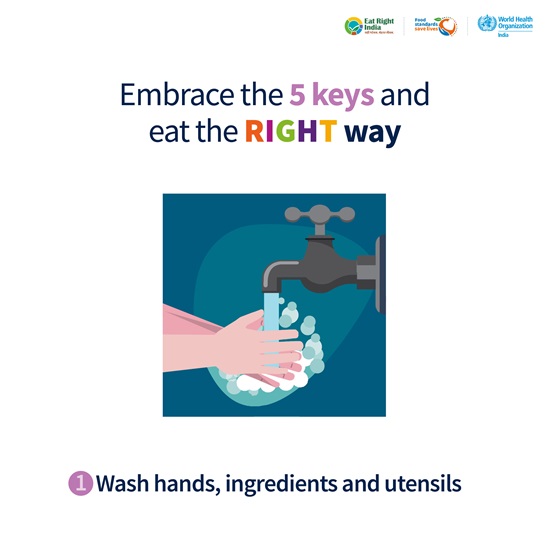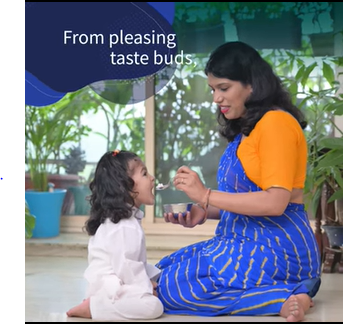
Primary health care
Primary health care (PHC) is a holistic approach to health that includes promotive, preventive, curative, rehabilitative, and palliative services. It is the first level of contact between individuals and the healthcare system. PHC is not limited to treating illnesses. It includes addressing the social determinants of health, ensuring equitable access and empowering communities to take charge of their well-being. It is cost-effective, people-centred, and essential for achieving sustainable health improvements.
Stronger primary health care is essential for achieving health-related Sustainable Development Goals (SDGs) and universal health coverage. It contributes to the attainment of goals beyond health (SDG3), including those on poverty, hunger, education, gender equality, clean water and sanitation, work and economic growth, reducing inequality and climate action.
WHO recognizes the central role of primary health care for achieving health and well-being for all, at all ages.
Integrated health services ensure that healthcare is coordinated across different levels – primary, secondary, and tertiary – so that patients receive seamless care. A well-functioning PHC system is a gateway to continuum of care, ensuring timely referrals and follow-ups. This approach reduces fragmentation in healthcare services and promotes efficiency in disease prevention, diagnosis, treatment, and rehabilitation.
India has recognised PHC as the cornerstone of its healthcare strategy. The government has implemented several programmes to enhance PHC services, improve infrastructure and provide comprehensive care. The Ayushman Bharat Comprehensive Primary Health Care Programme launched in 2018 transformed PHC delivery by upgrading existing health sub-centres and primary health centres into Health and Wellness Centres, now renamed as Ayushman Arogya Mandirs (AAM).
These health centres deliver a range of services, including screening for noncommunicable diseases, maternal and child healthcare, essential medicines and diagnostics. They also offer an expanded package of care that includes mental health support, geriatric care, palliative care, and rehabilitative services to ensure comprehensive well-being for all. Additionally, AAMs integrate Ayurveda, Yoga, Unani, Siddha, and Homeopathy (AYUSH) practices, promoting traditional medicine alongside modern healthcare.
To strengthen services in underserved areas, the Government of India initially implemented the Aspirational District Programme to strengthen healthcare and development in the most underdeveloped districts across the country. Building upon its success, the focus has now shifted to the Aspirational Blocks Programme , which is being implemented to improve the quality of life in 500 underdeveloped blocks through strengthening governance and service delivery for health and nutrition.Technical links




